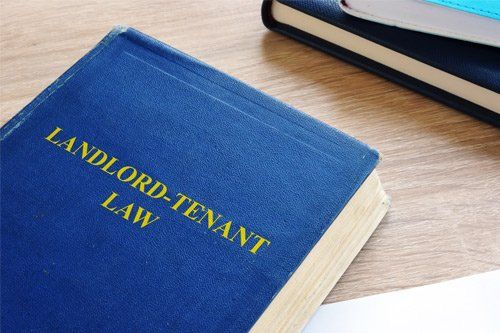Mold Exposure and Landlord Liability
Mold can create a dangerous situation for you and your family. Fortunately, more people are aware of the risks of mold today than in the past. In fact, many people are increasingly aware that they may be able to sue a landlord if he or she was negligent in allowing mold to develop in a home.
If you believe you have been exposed to mold in your home that is owned by a landlord, read on. You may have legal recourse for your medical bills, lost wages, and other losses.
What Are the Symptoms of Mold Exposure?
The symptoms of mold exposure are serious and can range from allergic reaction to death. You may experience symptoms like asthma, bronchitis, eczema, and diseases that affect the lungs. In order to recoup losses from mold exposure, you need to experience symptoms that led you to the doctor, and you can use medical bills as evidence of your illness caused by mold growth.
Of course, many people do not experience the symptoms of mold exposure until later. Ensure that you visit the doctor as soon as you experience the symptoms to build evidence of your health issues.
What Should You Do After You Spot Mold?
If you spot mold in your home, contact your landlord — preferably in writing. Your landlord then has the responsibility to address the mold and remove it from the home. The landlord may also be liable for any money you had to spend as a result of your exposure to mold.
If your landlord does not believe that mold has taken over your home, you may need to pay for the costs of inspection yourself. You can then use the results of this inspection as evidence of negligence.
When Is a Landlord Liable?
A landlord may not always be liable for your reaction to mold, so it is your personal injury attorney's job to demonstrate why your case is strong.
Generally speaking, landlords are required to provide their tenants with hazard-free living conditions, which include property free of black mold. They must maintain living quarters that are suitable for habitability, but not all conditions that lead to mold breach the implied warrant of habitability.
For example, your lease may specify that you are responsible for fixing plumbing issues. If a leaky pipe causes mold, the landlord may not be held responsible because you breached your contract to handle plumbing issues. If the landlord was responsible to fix the plumbing issue, you may have a strong case against your landlord.
Each case is different, so speak with an attorney about the specifics of your situation to determine if you can hold your landlord responsible for the mold.
What Should You Do Next?
Your next step is to consult with a personal injury attorney who has experience contending with cases similar to yours. During a consultation, you can work together to discuss your mold case and examine the evidence available.
The potential losses you may sue for include more than your medical bills and lost wages. You can also sue for destruction of property caused by mold, loss of earning capacity, and emotional pain and suffering. You may also discuss with your attorney the costs of being forced out of your home.
At Wegner & Associates , we understand the health and financial implications that come with exposure to toxic mold. Mold can do more than make you ill; being exposed to mold can also affect your ability to work and provide for your family. Do you think you have a case against a negligent landlord? Call us today to learn more.

